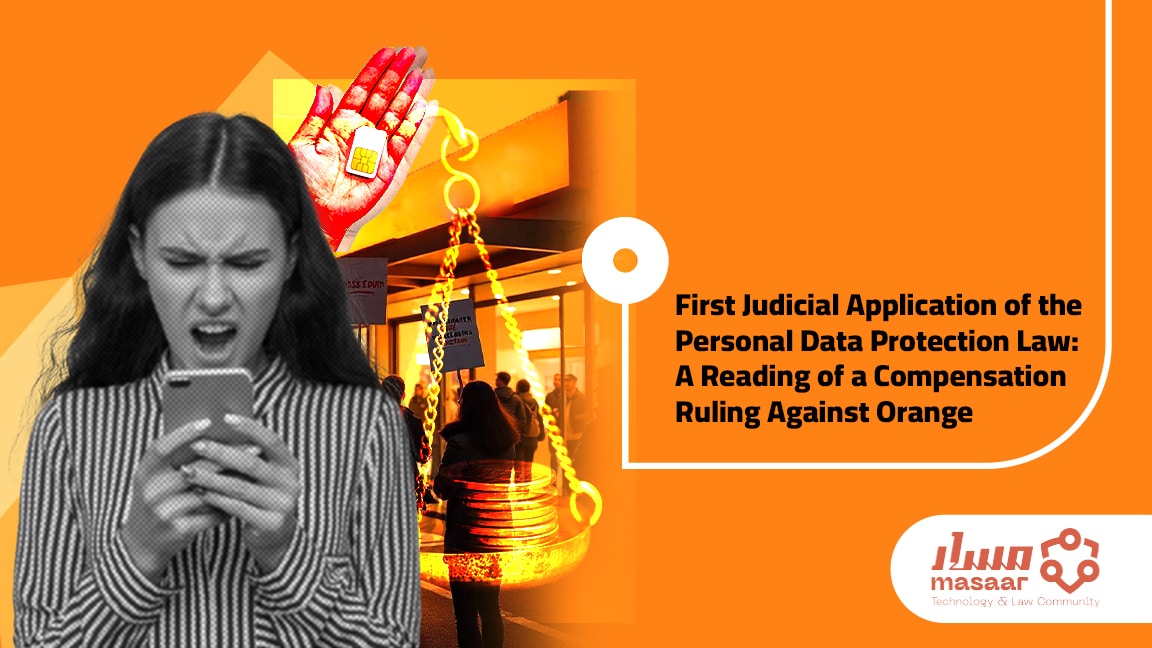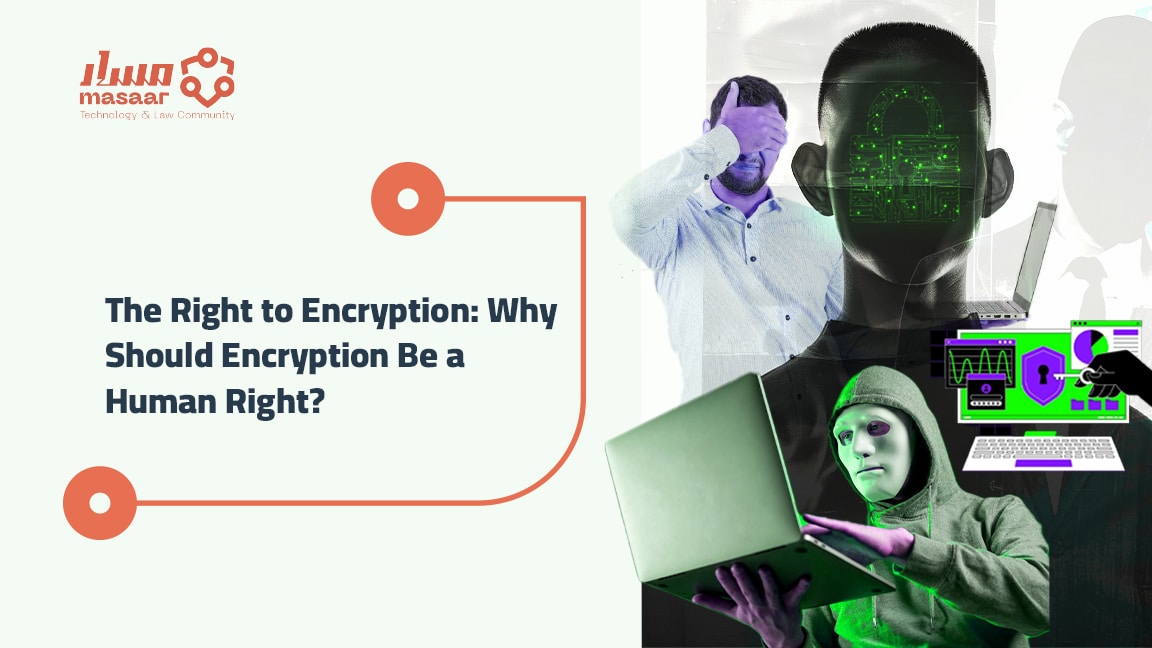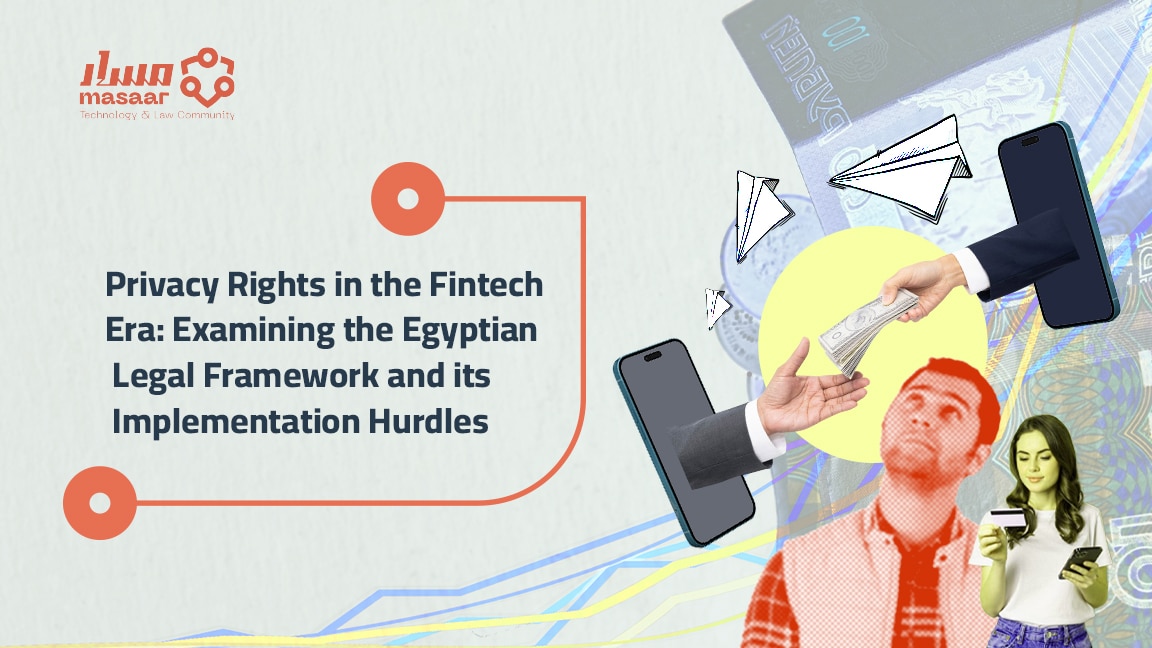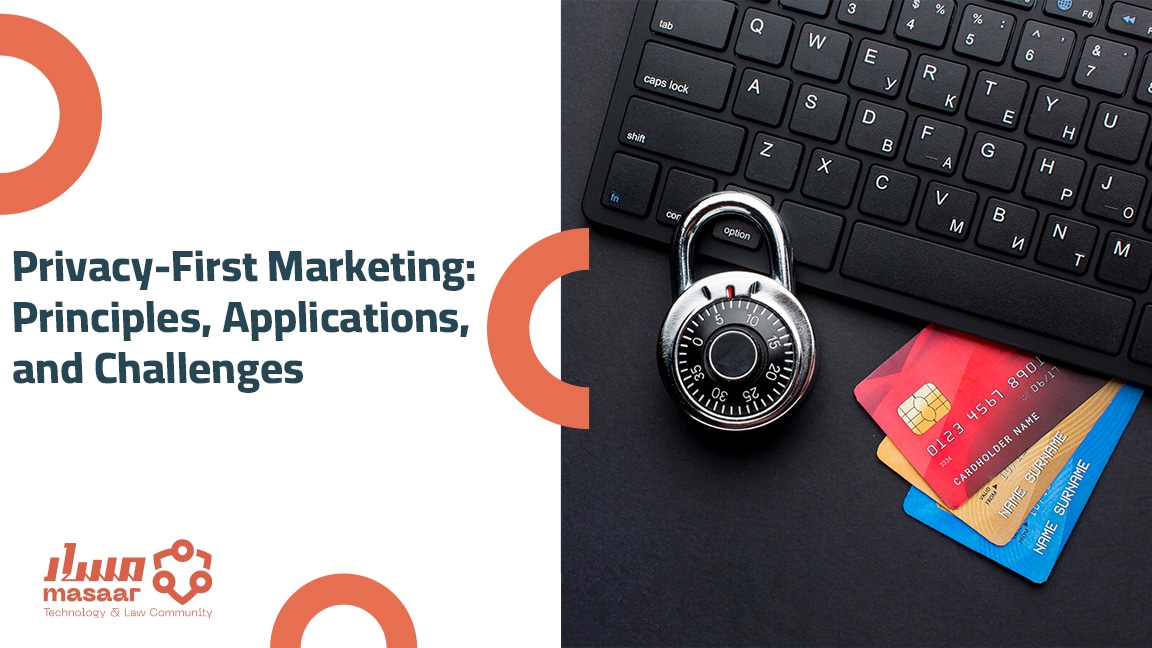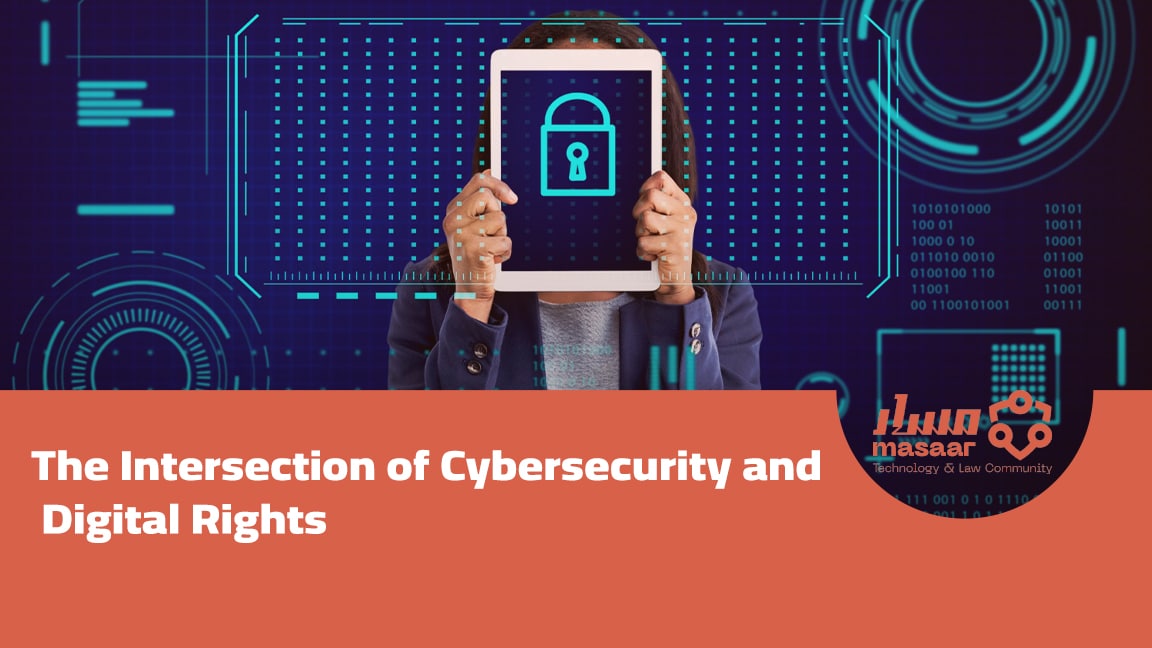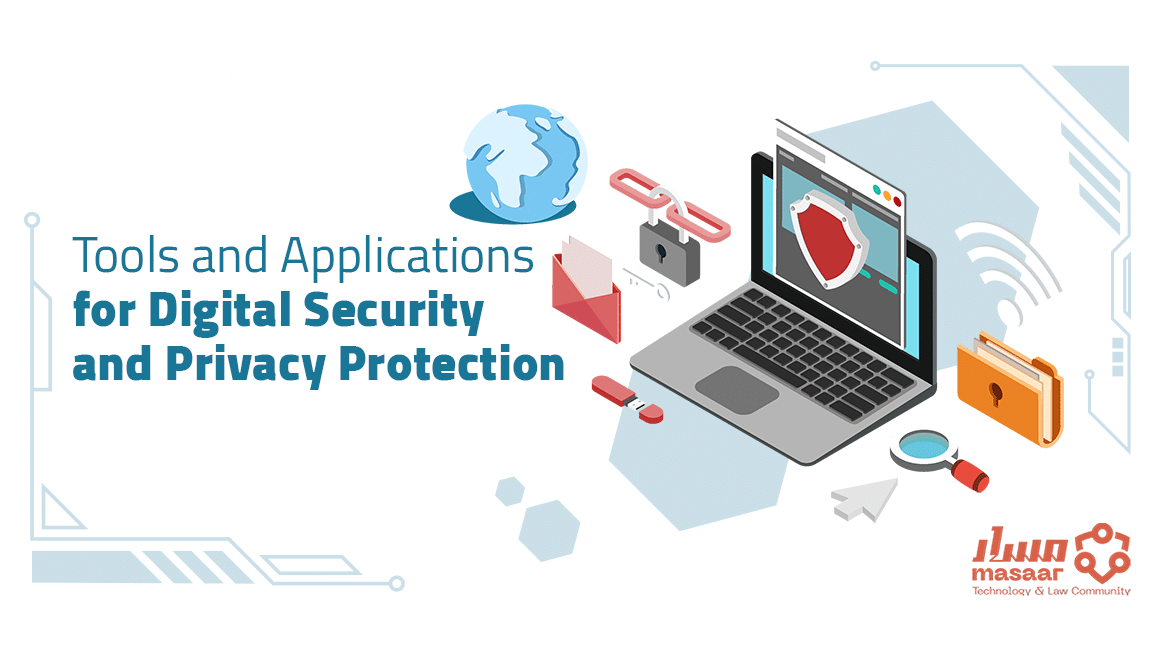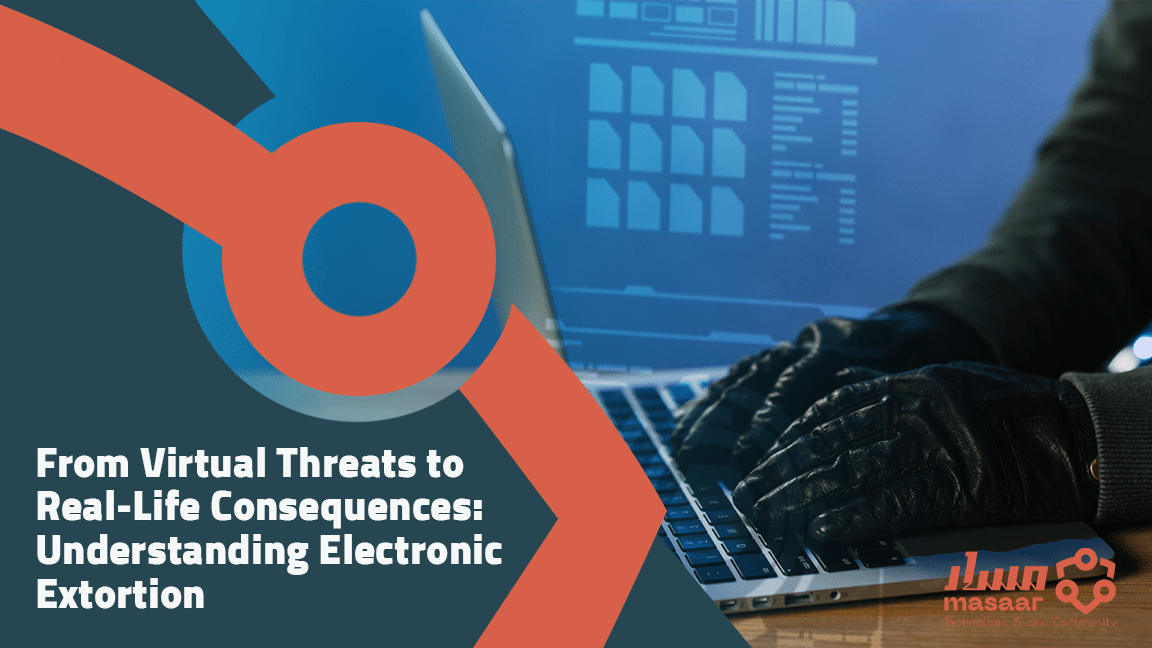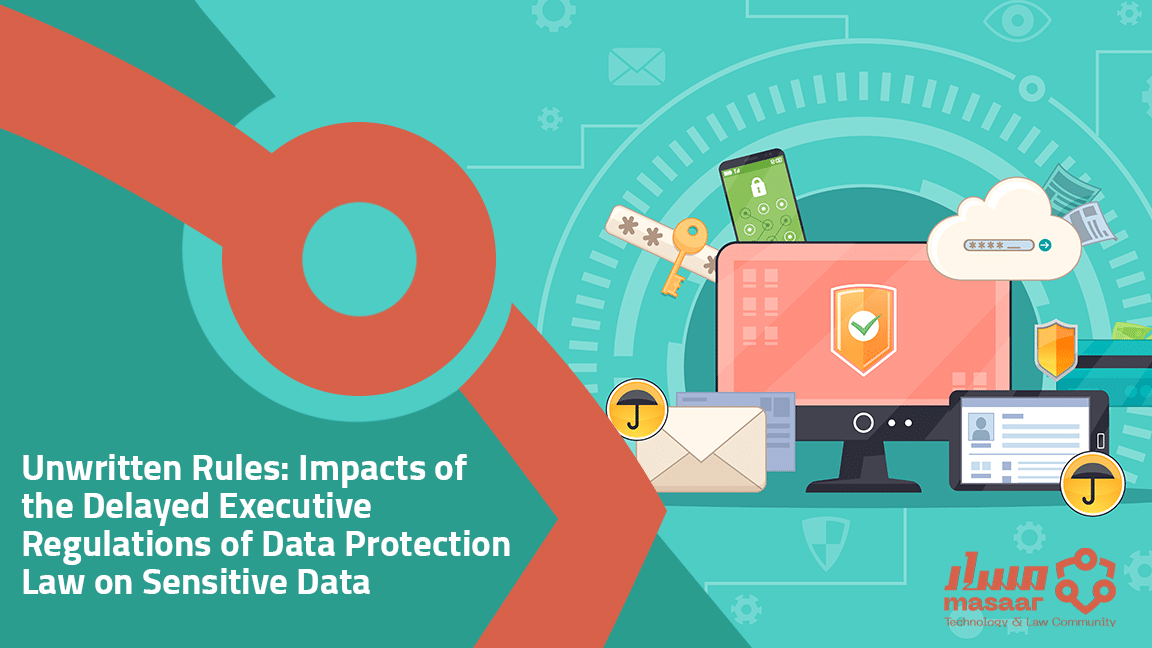Privacy
First Judicial Application of the Personal Data Protection Law: A Reading of a Compensation Ruling Against Orange
This paper analyzes the reasoning behind a compensation judgment issued against Orange under the Personal Data Protection Law. It also examines the new judicial principles established by the court regarding telecommunications companies’ responsibilities in safeguarding customer data.
The Right to Encryption: Why Should Encryption Be a Human Right?
This paper advocates for encryption and anonymity as fundamental rights that should be recognized and protected. It first explores the nature of encryption and its technical and social importance, then examines how encryption serves as an extension of basic human rights such as privacy, freedom of expression, and freedom of association.
Privacy Rights in the Fintech Era: Examining the Egyptian Legal Framework and its Implementation Hurdles
This paper provides an overview of Egypt’s fintech sector, examining its recent evolution, prevailing trends, and future growth prospects, alongside the obstacles and challenges impeding this growth. The paper also discusses concerns about privacy violations stemming from legislative shortcomings.
Privacy-First Marketing: Principles, Applications, and Challenges
This paper delves into the privacy-marketing approach. It examines the evolution of data protection laws and regulations and the rise of PFM as a response to change. This is followed by an analysis of the importance of PFM and its principles, with a particular focus on data minimization, purpose limitation, consent, and transparency.
The Intersection of Cybersecurity and Digital Rights
This paper seeks to explore the different characteristics of the intersection of cybersecurity and digital rights in Egypt. It starts with an explanation of how cybersecurity intersects with digital rights and introduces the right to cybersecurity. The paper proceeds to discuss the main features of cybersecurity in Egypt through the cyberthreats faced by it, as well as the legislative and institutional frameworks for dealing with these threats, and the political exploitation of cybersecurity in Egypt.
Tools and Applications for Digital Security and Privacy Protection
This webpage aims to provide a comprehensive set of tools for privacy protection and digital security. The tools include a wide range of applications necessary for maintaining digital security and privacy. These tools include Virtual Private Networks (VPN), data encryption, antivirus, password manager, file sharing, secure email, browser plugins, two-step verification, and the secure erasure […]
From Virtual Threats to Real-Life Consequences: Understanding Electronic Extortion
This paper seeks to provide a comprehensive definition of the crime of electronic extortion and how it differs from the traditional crimes of extortion. It deals with the relationship between the crime of electronic extortion and both the right to privacy and the right to personal freedom. It also briefly presents a picture of the reality of the current legal approaches for dealing with this crime at the international and local levels. Finally, the paper reviews some ways to reduce the crime of electronic extortion.
Unwritten Rules: Impacts of the Delayed Executive Regulations of Data Protection Law on Sensitive Data
This paper discusses the different classifications of sensitive data, the obligations of service providers to protect it and the consequences of disclosing it, in addition to the impact of the delay in issuing the executive regulations of the Personal Data Protection Law on sensitive data.
Surveillance Companies in the MENA Region
In July 2021, the world followed a flow of investigative reporting by a group of press organizations that worked together to expose the use of the Pegasus spyware, which is produced by NSO Group, to spy on journalists, activists, human rights defenders, and political opponents. Investigations revealed that the spyware was used to target more […]

